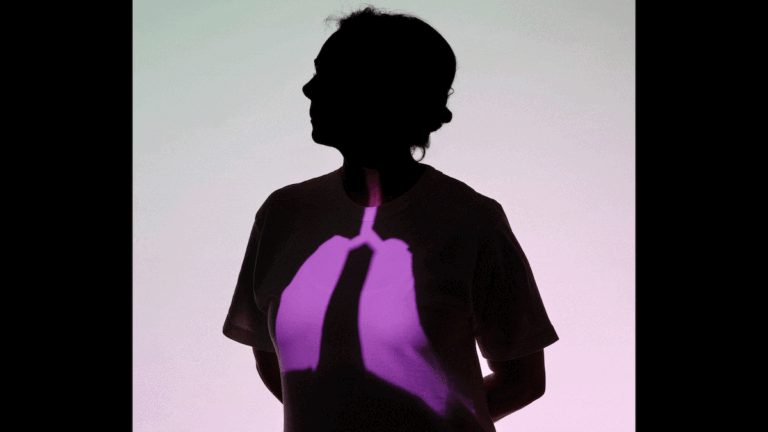[ad_1]
Your blood pressure should be tested at least every two years if it remains below 120/80, but that increases to annual screenings if you develop high blood pressure. Similarly, cholesterol checks only need to be every five years unless the numbers inch above normal, in which case you’ll need more frequent screening. You should have begun diabetes screening in your 30s, and that should continue.
Some women in their 40s may develop thyroid issues, sometimes unmasked by pregnancy, says Jill Rabin, an OBGYN at Northwell Health in New York. Though it’s not officially recommended by any agencies, Rabin says it’s wise to consider getting baseline labs to find out their TSH and free T4 levels. These hormones help regulate metabolism and other bodily functions, and their levels can be an indicator of how well the thyroid is functioning.
(This is the biggest health challenge women face in their 50s)
If you develop symptoms of an overactive or underactive thyroid, talk to your doctor about whether it’s appropriate to get thyroid labs or a referral to an endocrinologist. Symptoms of an overactive thyroid, or hyperthyroidism, include unexplained weight loss, a rapid heartbeat, excessive sweating or heat intolerance, swelling in the neck, shaky hands, muscle weakness, sleeping difficulty, and nervousness or irritability. Hypothyroidism, an underactive thyroid, includes symptoms such as fatigue, weight gain, cold intolerance, joint or muscle pain, dry skin, thinning hair, depression symptoms, and a slowed heart rate.
Above the neck
Everyone should get a baseline eye exam at age 40 and then repeat it based on what it reveals, your family history, and your symptoms.
[ad_2]
This article was originally published by a www.nationalgeographic.com . Read the Original article here. .


